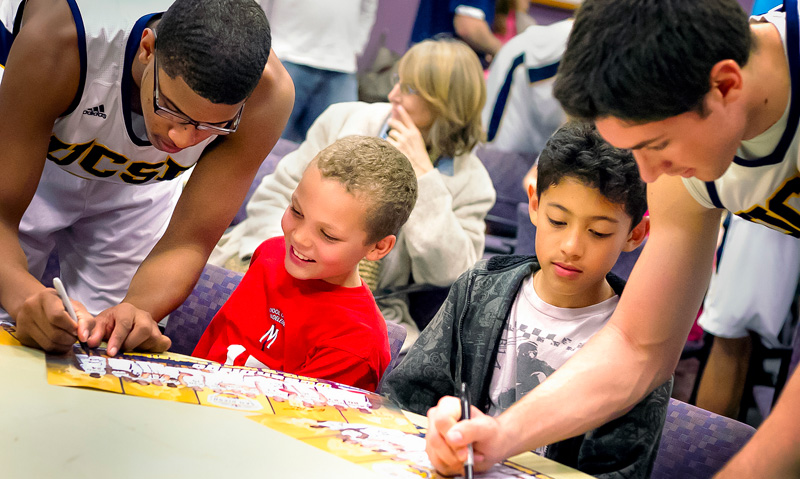Our daily lives are filled with one
communication experience after the next. Communication between ourselves and
those around us is constantly occurring as we exchange messages to achieve an
understanding of other people’s thoughts and experiences. Effective
communication is essential when working in teams, and developing the skills
required to achieve mutual understanding within a team through communication
takes practice. The word “team” is being used to describe any grouping of
individuals—including a committee, class, sports team, family, or work
colleagues—as communication is imperative despite the type of team being
discussed. If we need to work collaboratively with others, we need effective
communication.
In this article, I will offer some tips
for sending messages effectively.
 Tip #1: Take
Ownership!
Tip #1: Take
Ownership!
It is
important to take responsibility for your opinions, ideas, and feelings when
expressing them to others. To do this, make personal
statements such as “I think…”, “I feel…”, “It seems to me…”. When you own
your messages, it suggests that you are honest and open with your teammates,
and there has been a level of trust established in the group that allows you to
comfortably reveal your thoughts and feelings.
Something to watch out for: How often do you use
sentences such as “We think that…”, “Everyone knows…”, “Most of the team
feels…”? Take note of this! When we speak for other people, it might feel safer
than taking ownership for our thoughts and feelings, but it may lead to
confusion, misunderstanding, or inappropriate representation of someone else’s
opinion.
Tip #2:
Describe, Don’t Evaluate!
When
giving feedback on someone else’s behavior, it is important to simply describe
what you see without making a judgment about it. When we evaluate another’s
behavior, it can create defensiveness and establish barriers to effective
communication. It is helpful to use descriptive
statements, which describe specifically what you have observed without
making assumptions about what that behaviour means about the other person’s
attitude, personality, or motives. For example, it can be more beneficial to
tell a teammate “you seem to be walking very slowly, what’s going on?” rather
than saying “you don’t care about finishing this challenge quickly”. We don’t
have all of the information. Maybe the person is sick, upset, offended, tired,
or hurt (among other possible reasons for this behavior), so simply giving
descriptive feedback can begin a dialogue to establish a deeper understanding
of you and your teammates’ experiences.
Something to watch out for: How often do you include
judgment or an assumption when giving feedback rather than just describing what
you see? Take note of this and see if you can alter your communication when
giving feedback!
Tip #3: Take the
Other’s Perspective
The
same message can mean two different things to two different people. In order to
send a message effectively, you need to consider the perspective of the
receiver. Perspectives are complicated and complex; they are formed through our
values, beliefs, and experiences. We can never be certain or complete in our
understanding of another person’s perspective, but if we try to put ourselves
in someone else’s shoes, we can create and send messages that are more likely
to be received the way we intended. For example, if a teammate has absolutely
no experience with soccer, and we consider this before sending our message, we
may choose to say “try kicking the ball in the net” rather than “try to score a
goal”, because the player may not know what it means to “score a goal”. Through
perspective-taking, we can alter our communication so it can be more
appropriate for the receiver and therefore more clearly understood.
Something to watch out for: How often do you phrase
communication based on your own knowledge and experience without considering
the perspective of the person your communicating with?
For
more information, see Johnson (2014). Keep an eye out for my follow-up articles
on tips for receiving messages effectively
and overcoming possible obstacles to
communication!
Reference
Johnson, D. W. (2014). Reaching out: Interpersonal effectiveness
and self-actualization (11th ed.). Upper Saddle River, NJ: Pearson.
Written by Shea Wood, M.A., CCC
Dynamix: Team-building for Kids and Teens, since 2002.
Picture taken from Google Images: http://ucsdnews.ucsd.edu/news_uploads/130321athletics1.jpg

